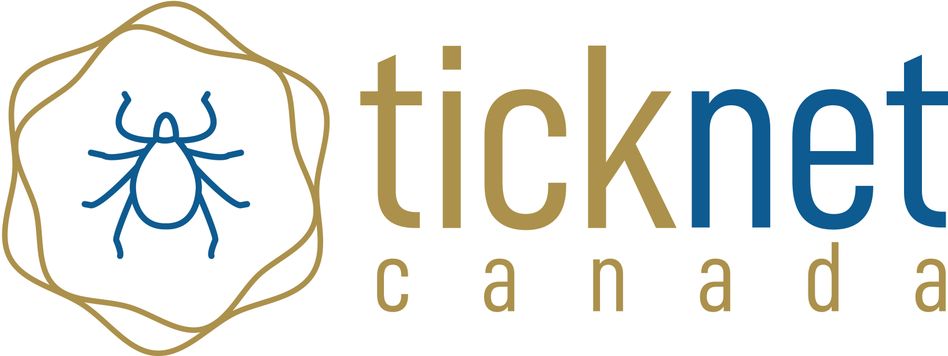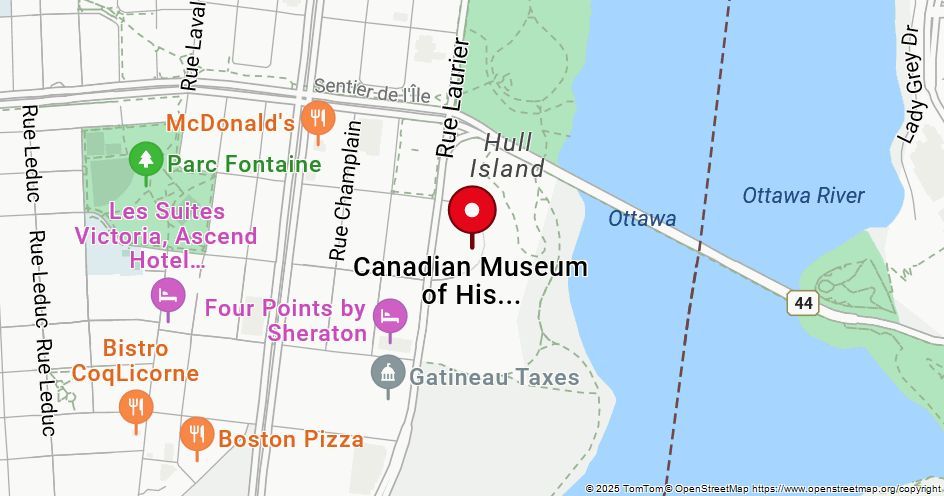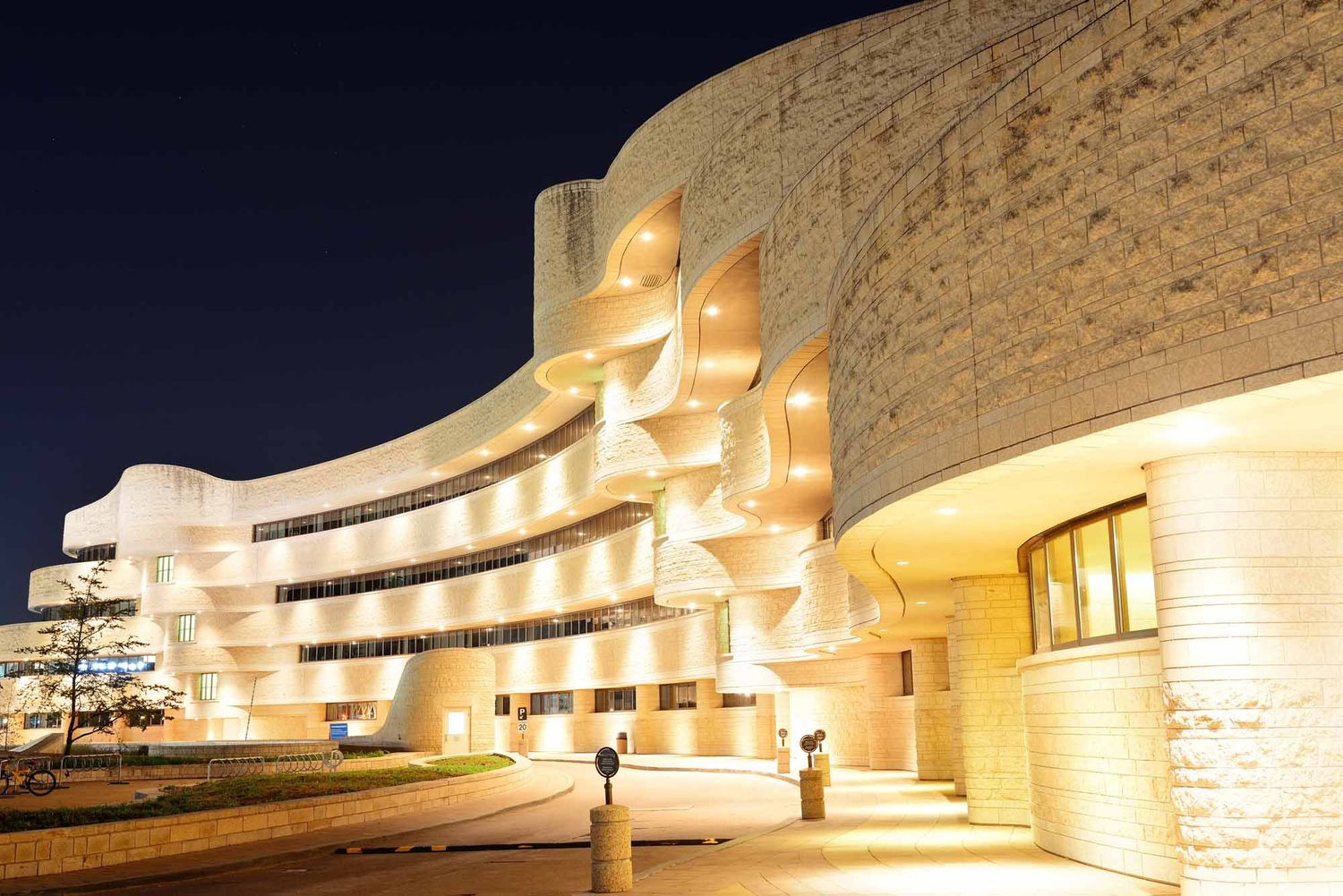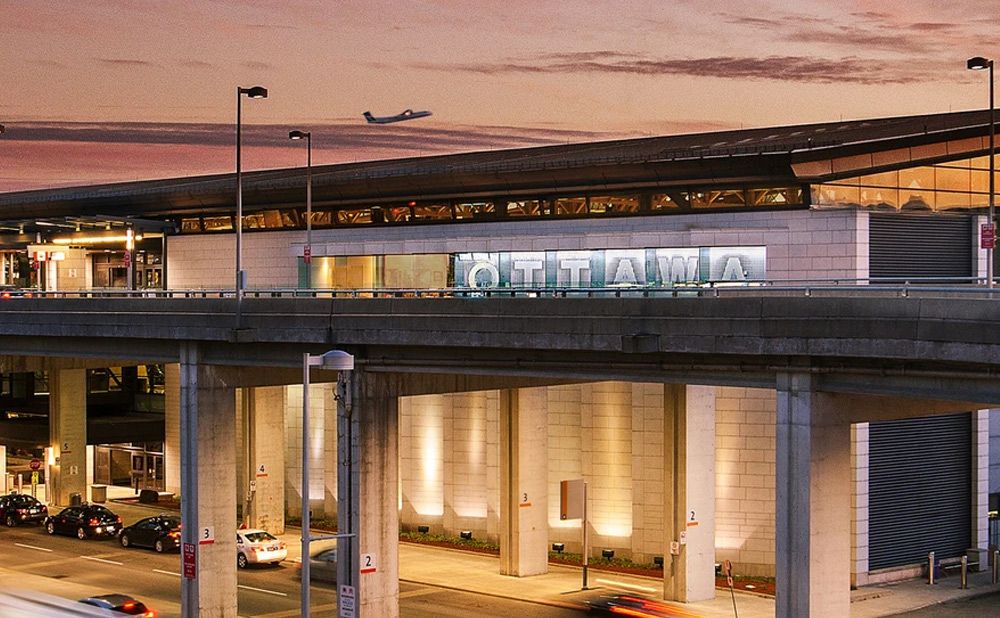
TickNet Canada 2026 Scientific Symposium

Dr. Nick Ogden
Public Health Agency of Canada
Dr. Brian Fallon
Columbia University
Dr. Manisha Kulkarni
University of Ottawa




Location
Canadian Museum of History
100 Rue Laurier Gatineau, QC Canada, K1A 0M8
Dates
Registration period:
May 1, 2025 - 00:00 EDT - January 31, 2026 - 23:59 EST
Submission period:
May 1, 2025 - 00:00 EDT - November 24, 2025 - 20:00 EST
Contact us
If you have any questions, please contact clydrn@gmail.com